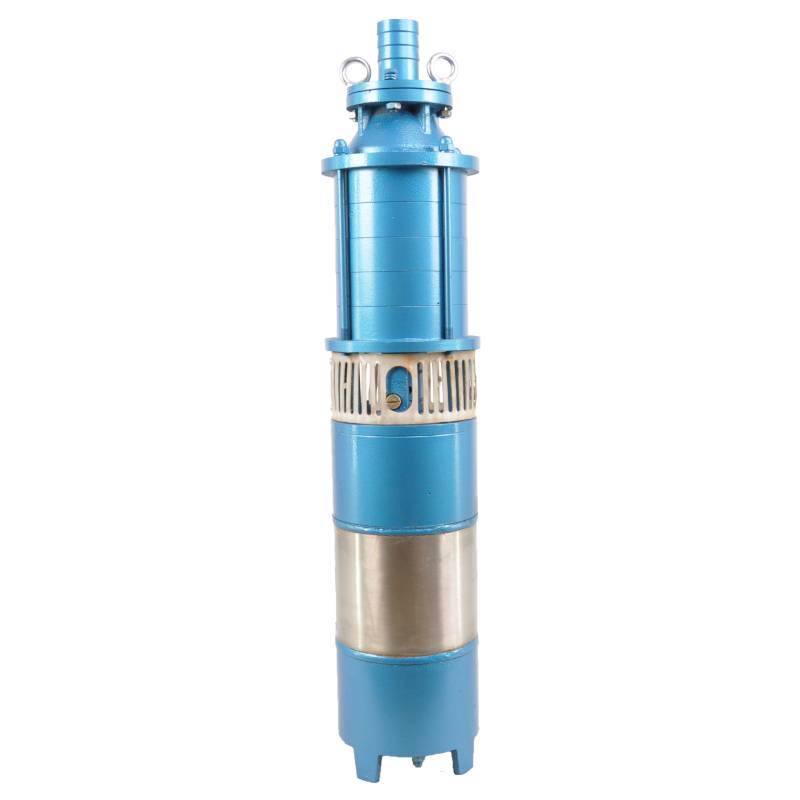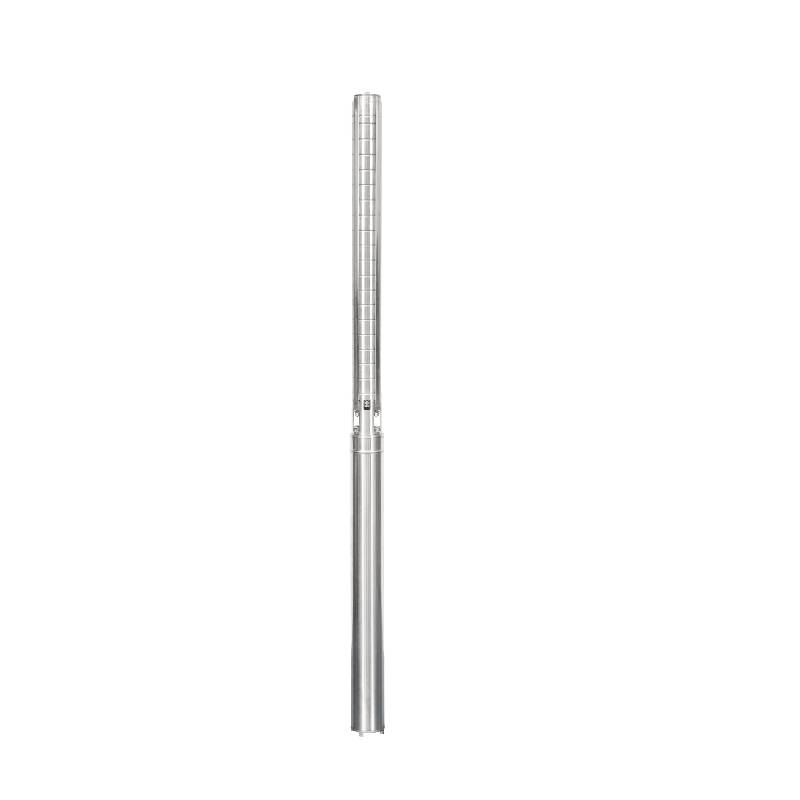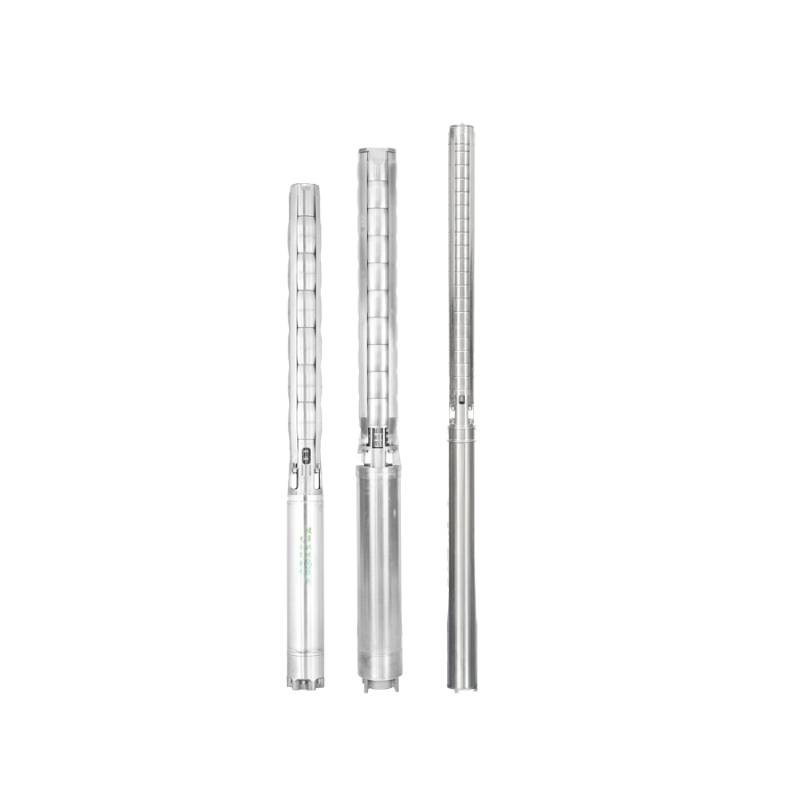Dec . 23, 2024 22:17 Back to list
water pump submersible
The Importance of Submersible Water Pumps
Submersible water pumps are a vital piece of equipment in various industries and applications, ranging from agricultural irrigation to municipal water supply and sewage management. These pumps are designed to operate while completely submerged in water, allowing them to effectively transport fluids from one location to another.
How Submersible Water Pumps Work
Submersible pumps are constructed with a hermetically sealed motor that is integrated into the pump body, which keeps the motor cool and prevents overheating. The design typically includes a centrifugal pump mechanism that pulls water into the pump and then pushes it up through pipes to the desired location.
One of the significant advantages of submersible pumps is that they eliminate the need for priming — a process required by other types of pumps to remove air from the system and create a vacuum. Because submersible pumps are located below the water level, they are always primed, which improves efficiency and reduces operational costs.
Applications of Submersible Pumps
1. Agricultural Irrigation In agriculture, submersible pumps are essential for irrigating crops, particularly in areas where water supply is scarce. By transporting water from wells, rivers, or lakes, these pumps help ensure a consistent water supply essential for crop growth. Farmers can set up these systems to deliver water to their fields, reducing labor and increasing efficiency.
2. Municipal Water Supply Many cities rely on submersible pumps for their water supply systems. These pumps help draw groundwater and transport it to treatment facilities, ensuring that residents have access to clean and potable water. The compact design of submersible pumps also allows for installation in areas where surface space is limited.
3. Wastewater Management Submersible pumps are commonly used in sewage and wastewater treatment facilities. Their ability to handle solids and sewage makes them ideal for moving wastewater from residential and industrial environments to treatment plants. Many submersible sewage pumps are equipped with grinders to reduce the size of solids before they are pumped, ensuring smooth operation within the system.
4. Dewatering Applications In construction and mining industries, submersible pumps play a crucial role in dewatering projects. They help remove excess water from excavation sites, allowing for safe and efficient operations. This application is particularly important in preventing flooding, which can cause delays and increase costs.
water pump submersible

Advantages of Submersible Water Pumps
Submersible water pumps have several advantages over other types of pumps.
1. Efficiency The design of submersible pumps allows them to operate very efficiently, particularly in deep-well applications. They can move large volumes of water with relatively low energy consumption, which is beneficial for both operational costs and environmental considerations.
2. Reduced Noise Since submersible pumps operate underwater, they generate less noise compared to surface pumps. This is particularly advantageous in residential areas or environments where noise pollution is a concern.
3. Durability and Reliability Most submersible pumps are built to withstand harsh conditions and continuous operation. They are typically made from corrosion-resistant materials, designed to endure prolonged exposure to water and other fluids.
4. Versatility Submersible pumps come in various models, designed for different applications and types of fluids. This versatility means they can be tailored for specific needs, whether for clean water, sewage, or even chemical transport.
Choosing the Right Submersible Pump
When selecting a submersible pump, it is essential to consider factors such as the type of fluid being pumped, the required flow rate, head height (the height the pump needs to lift the water), and power availability. Additionally, choosing a pump that has been tested and proven in similar applications can provide peace of mind regarding reliability and performance.
In conclusion, submersible water pumps play an indispensable role in modern water management systems. Whether in agriculture, municipal applications, sewage treatment, or construction, their efficiency, durability, and versatility make them a preferred choice for transporting water and other fluids. As industries continue to evolve, the demand for innovative and reliable pumping solutions will only increase, further highlighting the importance of submersible pumps in our daily lives.
-
submersible-sump-pump-auto-drainage-for-crawlspaces
NewsAug.22,2025
-
solar-powered-stainless-steel-submersible-well-pump-setup
NewsAug.22,2025
-
stainless-steel-well-pump-flow-rate-optimization
NewsAug.22,2025
-
water-filled-submersible-pump-fish-farm-oxygenation
NewsAug.22,2025
-
submersible-pump-in-aquaculture-and-fish-farming
NewsAug.22,2025
-
deep-well-submersible-pump-for-drought-areas
NewsAug.22,2025
-
 submersible-sump-pump-auto-drainage-for-crawlspacesCrawlspaces, those narrow areas beneath homes, are prone to water accumulation due to leaks, groundwDetail
submersible-sump-pump-auto-drainage-for-crawlspacesCrawlspaces, those narrow areas beneath homes, are prone to water accumulation due to leaks, groundwDetail -
 solar-powered-stainless-steel-submersible-well-pump-setupHarnessing solar energy to power stainless steel submersible well pumps is a sustainable and coDetail
solar-powered-stainless-steel-submersible-well-pump-setupHarnessing solar energy to power stainless steel submersible well pumps is a sustainable and coDetail -
 stainless-steel-well-pump-flow-rate-optimizationIn various applications like agriculture, domestic water supply, and industrial use, the flow rate oDetail
stainless-steel-well-pump-flow-rate-optimizationIn various applications like agriculture, domestic water supply, and industrial use, the flow rate oDetail
